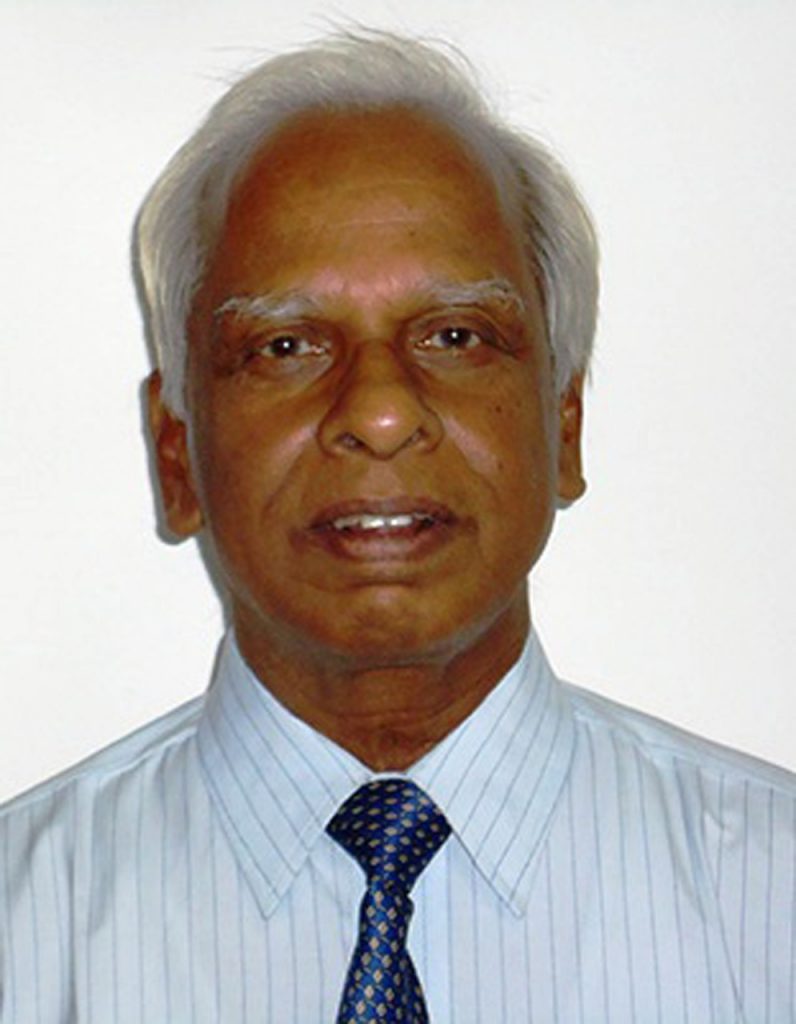The other day, during a lazy conversation over phone, a friend of mine, a superannuated academic like me, asked me what I thought about the debate on whether the PhD degree should be an essential qualification for an assistant professor of a university in our country. By the way, “assistant professor” is the entry-level faculty position in many universities in our country today. However, in some, the entry-level faculty position continues to be called “lecturer”. “Where’s the debate”, I asked him. I told him that the Central Government seemed to have already decided that PhD would no longer be a mandatory requirement and it is just that the implementation of this decision might take some time.I told him that in my opinion, the Government’s decision was correct. This, I suspect, displeased him because he readily dropped the topic and brought up the one of the newest variants of corona virus: “omicron”. Being a linguist, he started talking about the Greek connections of the word – not the virus. I gave up. Being an English teacher as well, I was, and still am, more interested in how a word is used than which language it has come from, if it smells non-native. I continued to listen to him despite my disinterest.
Those who think that not making PhD a mandatory requirement for appointment to an assistant professorship is an academically unsound decision, argue that this decision would lower the quality of teaching. One is not sure. There are those who do not have the doctorate degree and are successful teachers. There are doctorate degree holders who aren’t successful teachers. One cannot of course say that it has to do with their doctoral research, that is, had they not spent their time and effort in doing a PhD, they would have been better teachers. In any case, I do not know of any reliable study that shows how the ability to do research correlates with the ability to teach well.
But is teaching the primary goal of a university, they ask, isn’t it both research and teaching? In a university department, should there be some teachers who would do the teaching and some who would do research, when the academic community respects research a great deal more than teaching?This being the case, the faculty of the former category might sooner or later suffer from a feeling of uneasiness, some even of failure. Thisis not hypothetical.
When I was doing my BA in Ravenshaw College, one of our teachers – call him Dr SCD (not his real name) – used to tell us about a colleague of his who was not a PhD yet but had earned some reputation as a god teacher. He would say that in his department, there was Dr A, Dr B, Dr C, Dr D, Dr SCD and Shri (roughly, Mr.) E and he would put much stress on “Shri” and lengthen the last vowel as long as his breath permitted, so that we do not miss the message. This was how a non-PhD faculty was humiliated. Of course, not everyone is as coarse as he was but a non-PhD is made to feel small in other ways, like he would be told that he would not teach an M.Phil. course or guide M. Phil research, etc.
There has always been the provision that if one did not have the PhD degree at the time of joining, one has to obtain it in three years or so, while on service. On the face of it, it’s an eminently reasonable provision. But it is often doesn’t work all that well, but about this, on another day.
I recently read in a news report in “The Times of India” (November 22, 2021) by Rajlakshmi Ghosh, which noted that because of the PhD requirement, “around 6,000 sanctioned positions are lying vacant at the Central Universities alone.” These are obviously faculty positions. I just couldn’t believe it. This being the situation, there is absolutely no room for debate. At the moment it is unrealistic to insist on the PhD requirement.
Whatever one might think of the UGC test, the UGC JRF / NET qualification can be taken as the benchmark for recruitment at the entry level. If this solution does not help the situation to a considerable extent, then the States should, as a temporary measure, conduct their own tests of a comparable nature. Some reliable benchmark qualification must be there.
All this so-called “dilution” because the student factor does not seem to have received due attention in the debate on PhD as an essential qualification. If that indeed is the case, one could say that the most important factor has been neglected or almost. Their need is unquestionably paramount.

Consider this: I am told there is just one regular faulty member and one guest faculty member in English at Central University in Odisha. It seems there are three regular faculty members in the English department in Utkal University and the same holds for the department in Sambalpur University. In Ravenshaw University there are three regular faculty members and some eight guest- faculty members. The figures may not be exact but not wildly inexact. I didn’t have the heart to find out about the situation in other universities and autonomous colleges of the State.
In these universities, the faculty have to teach MA classes,M. Phil and PhD courses and guide M. Phil and PhD research. In Ravenshaw University, they have to teach BA (honours) classes as well. In the Masters programme, there are at least sixty major authors, poets, dramatists, novelists and essayists, from the Chaucerian to the modern times to be taught and at least two or three major works of each. It is extremely difficult for the existing faculty in any of these places to do justice to the programme.
Then there is an enormous amount of administrative work the faculty have to do, related to admissions, evaluation, etc. and they have to attend meetings on a regular basis. The head of the department of one of the universities told me that so heavy is the administrative workload that the faculty often find it difficult to even prepare well for their class lectures. Under the circumstance, research for the faculty has become an unaffordable luxury.
In the department of Linguistics of Berhampur University, there is just one regular faculty member and till recently there was a part-time faculty member. In addition to the considerable administrative work, which only the regular faculty member does, the two had to do the near impossible at the level of teaching. They had to teach phonetics, phonology, syntax, semantics, historical linguistics, socio-linguistics, psycholinguistics, applied linguistics and more. Is quality teaching possible in such a situation?
The teaching that the students receive in this department and in the departments of Englishreferred to above cannot be considered to be satisfactory. The teachers themselves have the same opinion. Masters is a foundational level programme for a career in teaching and research. With a weak Masters, one cannot go far in either research or teaching. To use the cliché, students are the future and they deserve much, much better.
Let me end with a happy note – in another few weeks, the faculty strength in all the Universities of the State (barring the Central University, perhaps?) is going to increase.This is what a friend just told me.
(The views expressed are the writer’s own)

Prof. B.N.Patnaik
Retd. Professor of Linguistics and English, IIT Kanpur
Email: [email protected]
(Images from the net)

